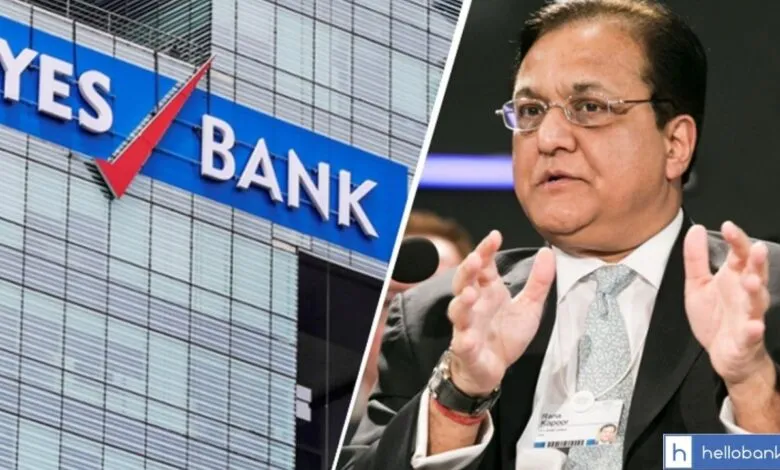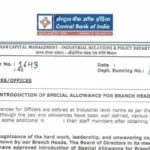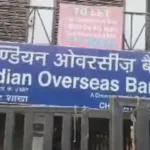
The Central Bureau of Investigation (CBI) has filed a new charge sheet in connection with the alleged Yes Bank scam, claiming that loans worth Rs 4,733 crore, which Yes Bank provided to the now-defunct Dewan Housing Finance Corporation Ltd (DHFL), were diverted to a group of Mumbai-based builders. These builders had failed to settle their previous financial obligations with the bank.
The CBI alleges that DHFL directors Kapil and Dheeraj Wadhawan conspired to cheat a consortium of banks. The Wadhawan brothers allegedly disbursed over Rs 29,000 crore to entities connected to them, without proper scrutiny or security. They then falsified DHFL’s books and defaulted on repayments, causing a loss of Rs 34,615 crore.
Loan Diversion and Connection to Builders
According to the CBI’s charge sheet, the loans sanctioned by Yes Bank’s co-founder, Rana Kapoor, were redirected to builders who had pending liabilities with the private bank. These builders were allegedly connected to a network of companies that had failed to fulfill their commitments to Yes Bank.
The CBI claims that Rana Kapoor received a substantial amount—around Rs 600 crore—as a form of gratification from DHFL. These funds were allegedly funneled through loans given to companies linked to Kapoor’s family members.
The Accused Builders and Their Loan Defaults
The charge sheet names 41 individuals and entities in connection with the scam, including prominent companies such as Indiabulls Housing Finance, and builders like Shahid Balwa, Vinod Goneka, Avinash Bhosale, and Sanjay Chhabria. These builders, between 2009 and 2017, are accused of taking multiple loans from Yes Bank.
However, despite receiving these loans, the builders failed to deliver the promised properties to the buyers who had already paid part or full amounts for the homes. The CBI’s investigation points to financial mismanagement and fraud by the builders, which led to significant losses for both Yes Bank and the property buyers.
CBI’s Investigation and Legal Action
In its supplementary charge sheet, the CBI has outlined the role of these builders in the diversion of funds. The agency has charged the individuals with financial wrongdoing and non-fulfillment of their contractual obligations with the bank and buyers. The CBI’s latest legal filing seeks to hold the accused accountable for their involvement in the scam and further investigate the financial dealings linked to the loans.
The investigation is ongoing, and the CBI is pursuing additional leads to uncover the full extent of the financial misconduct involved in this case. The charge sheet’s revelations are part of an ongoing effort to bring transparency and accountability to the handling of public and private funds in the real estate and banking sectors.






